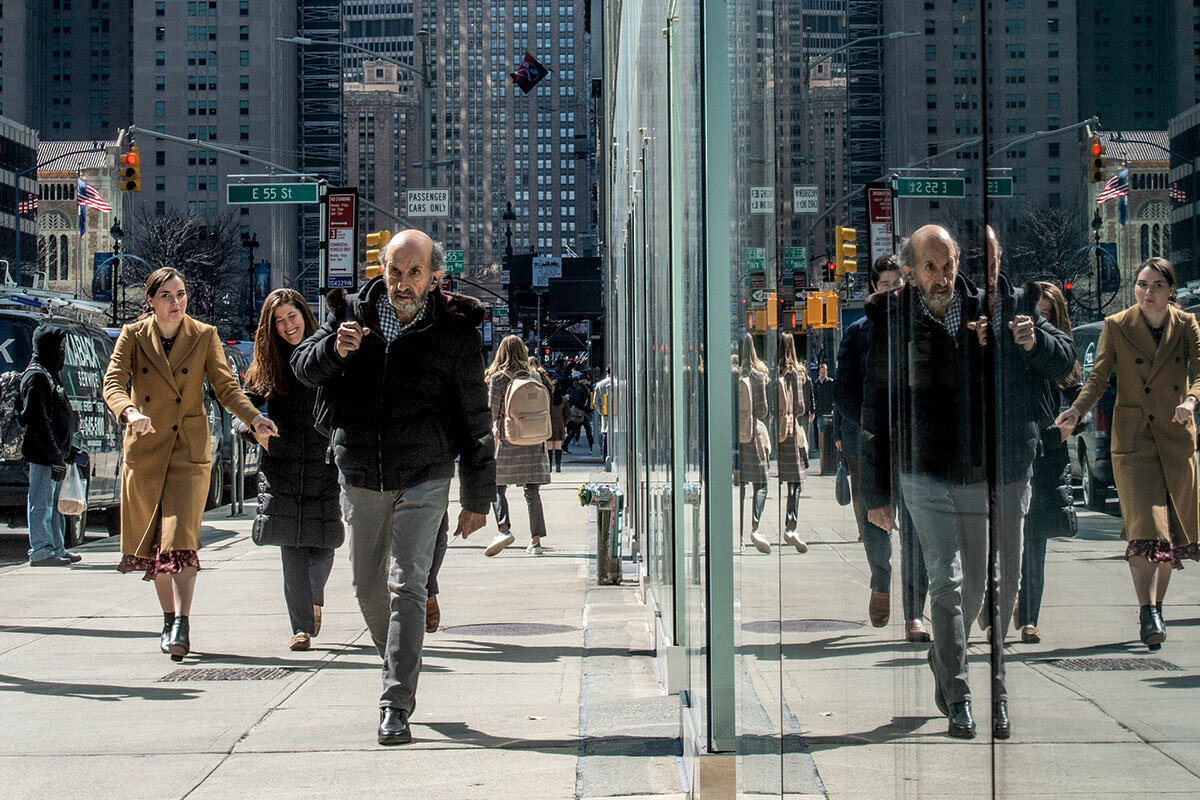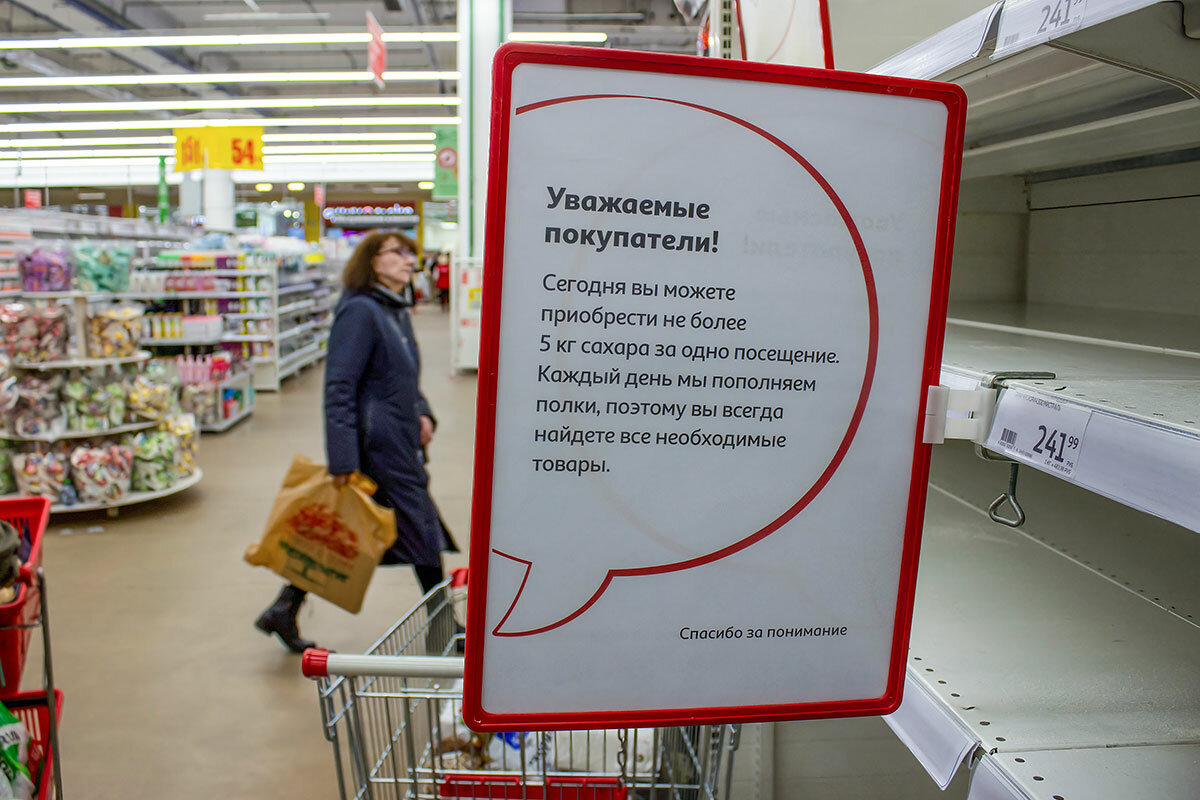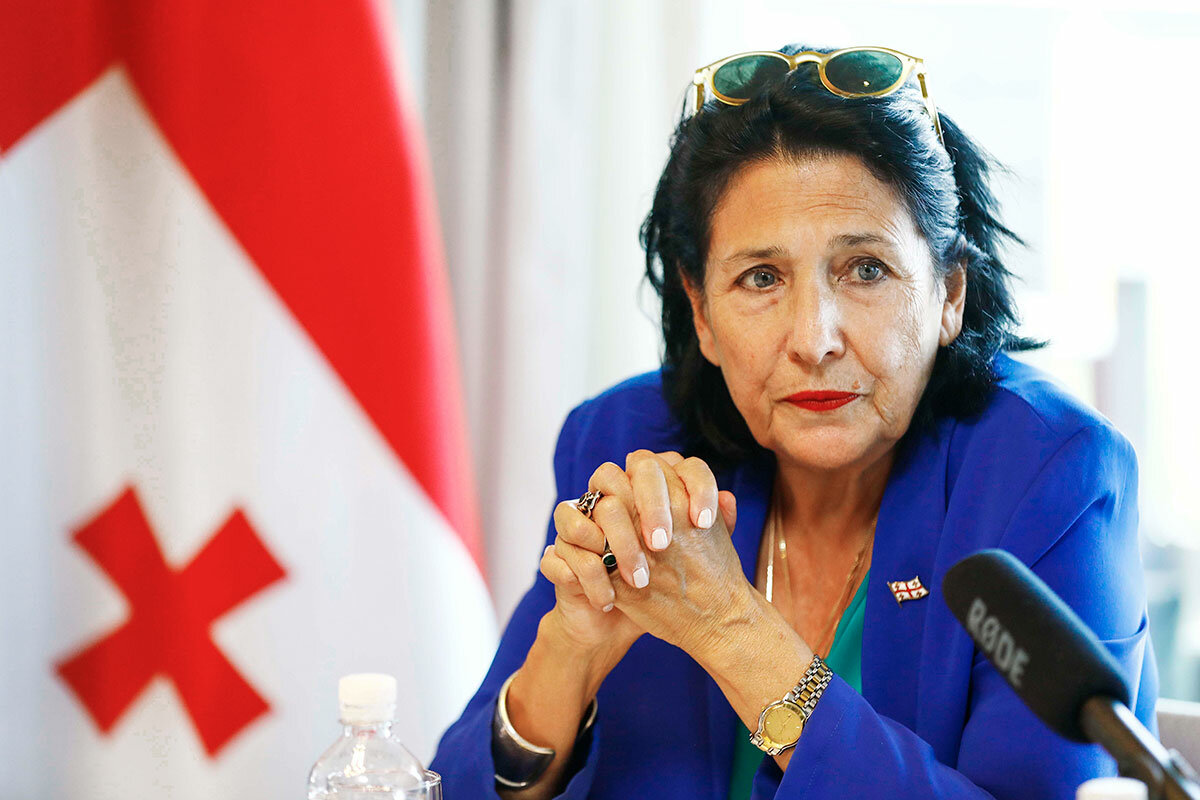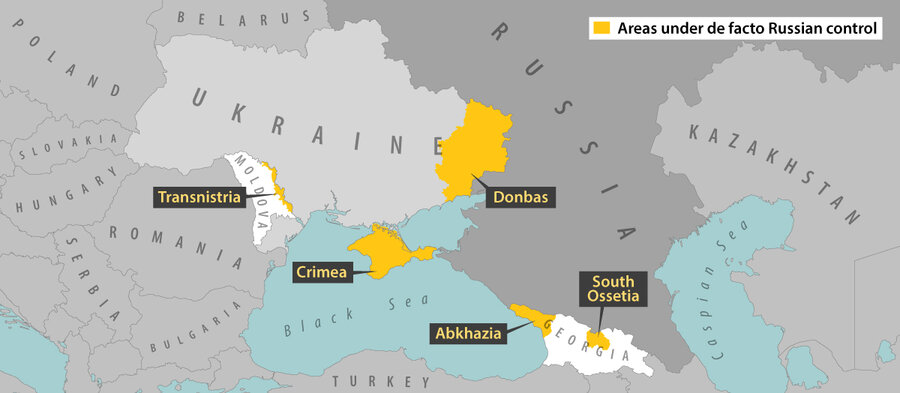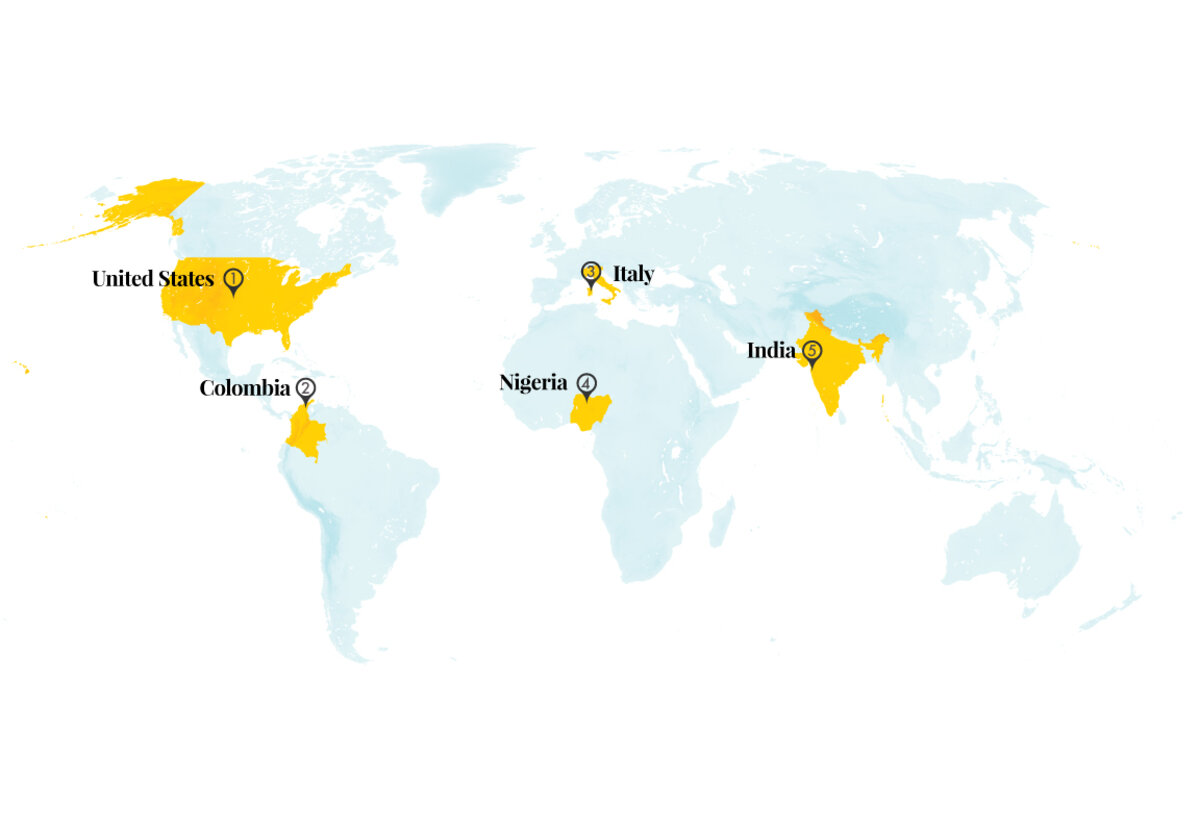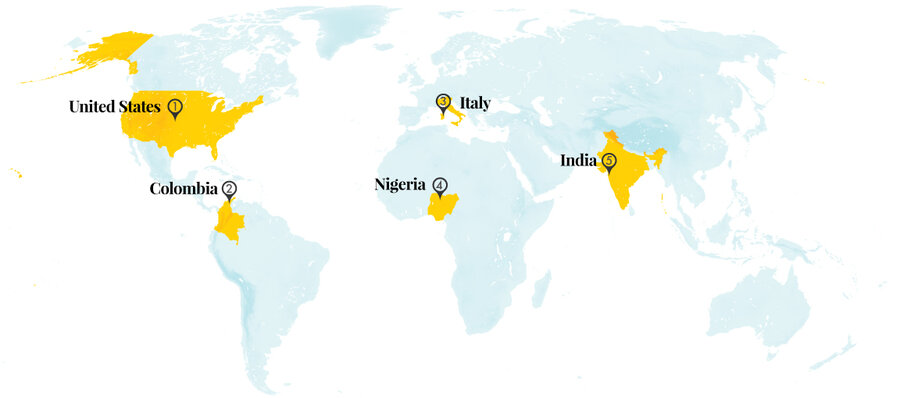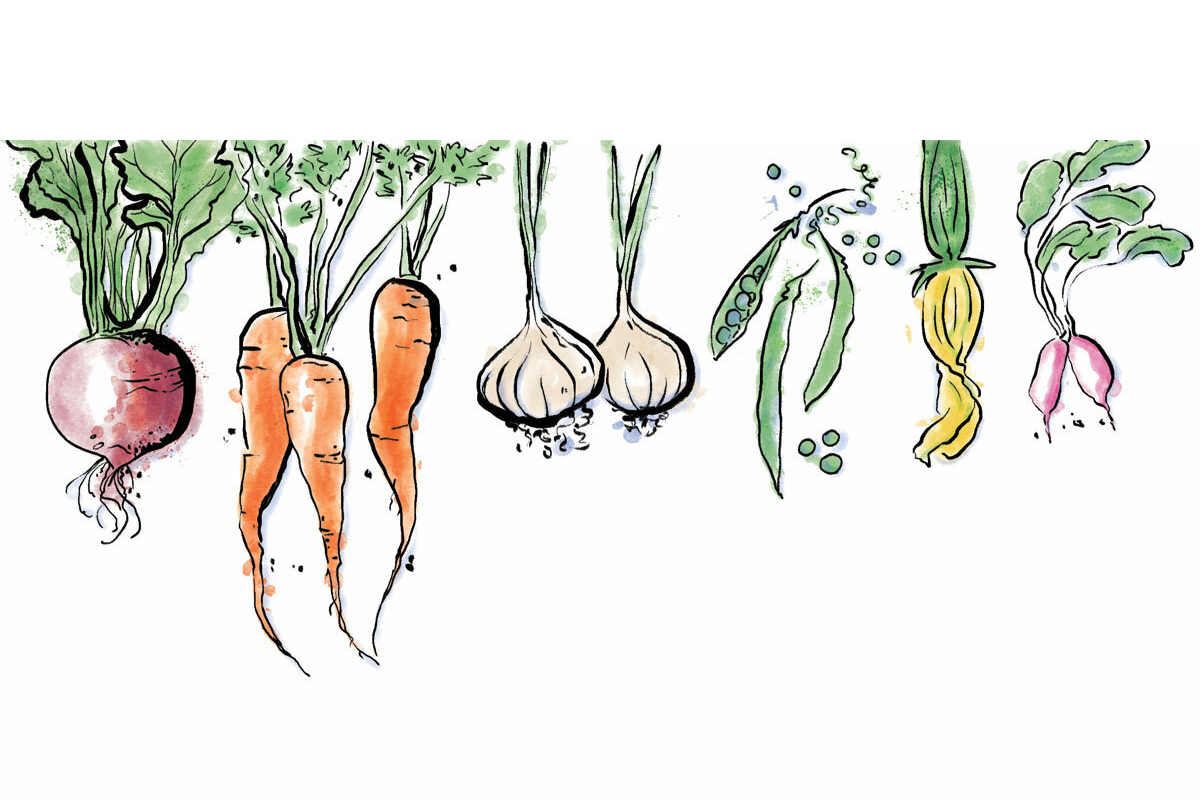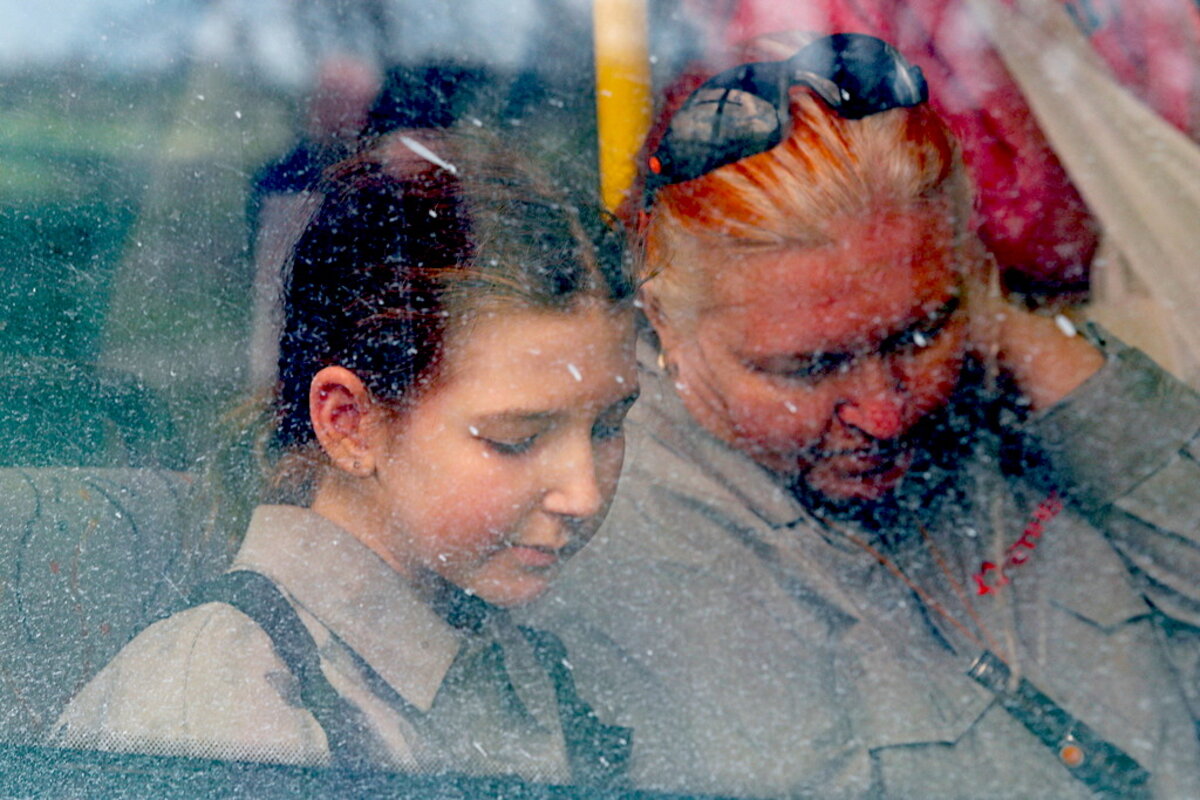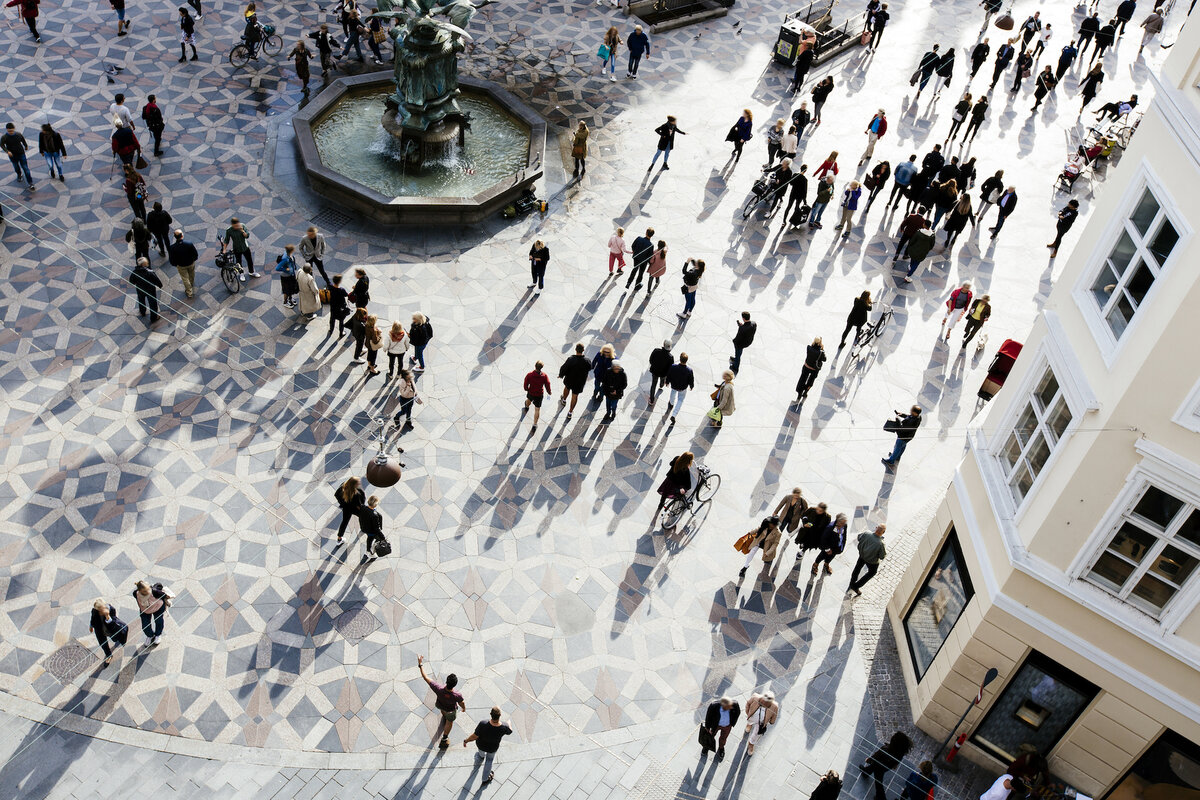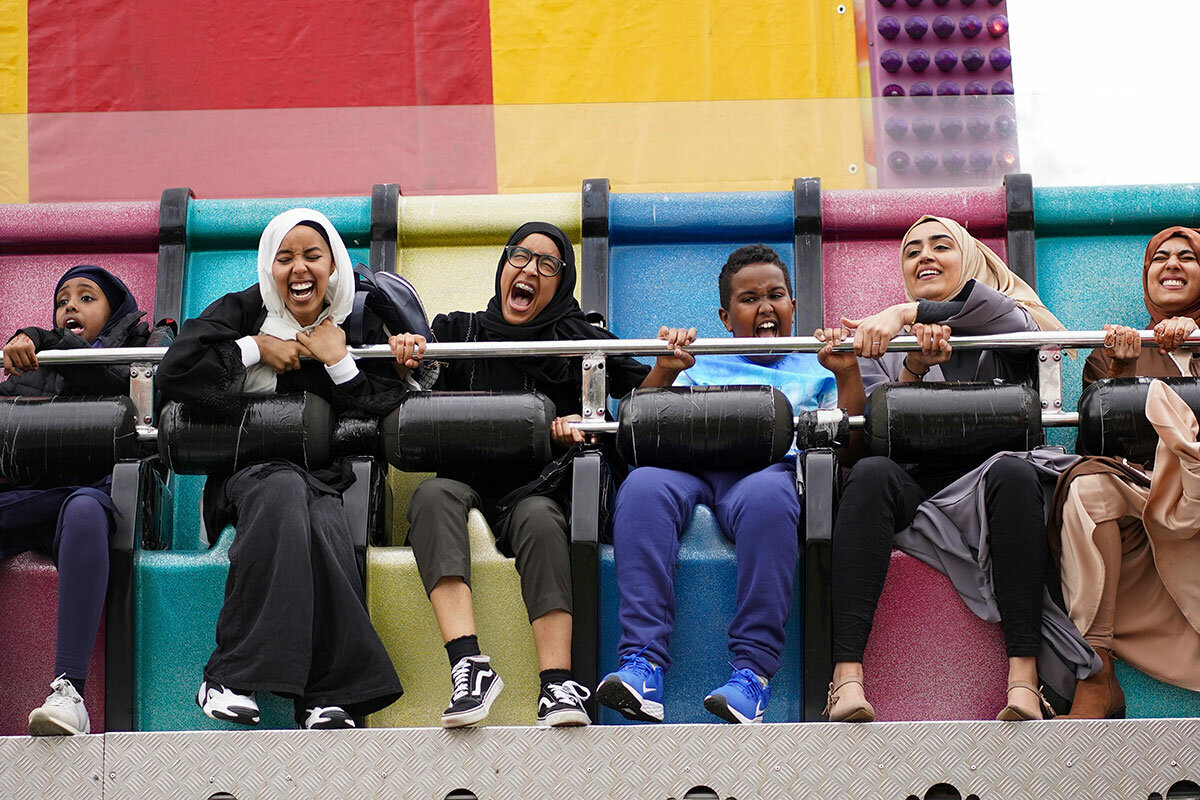What defines the heart of a city? For more than a century, urban communities prized and prioritized downtown business districts. The rise of work-from-home culture during the pandemic is forcing a rethink.
Monitor Daily Podcast
- Follow us:
- Apple Podcasts
- Spotify
- RSS Feed
- Download
 Amelia Newcomb
Amelia Newcomb
Fred Weir, as many Monitor readers know, has witnessed Russia’s modern history up close. He moved to the country when it was still the USSR. He watched Soviet President Mikhail Gorbachev institute glasnost (“openness”), the Soviet state collapse in 1991, and street fighting break out in Moscow in 1993 amid a constitutional crisis. Not long after, he began to chart the rise of Vladimir Putin.
Fred has seen uneasy times, including those when Russians struggled with sharply reduced living conditions. Now, he’s being asked about the impact of heavy sanctions in response to the Ukraine invasion. “People want to know: ‘Aren’t Russians feeling it?’” Fred says.
That’s the subject of his story today. Fred says he’s found little sign of disruption for average Russians, be it in Moscow or well beyond – witness the well-stocked village grocery store Fred visited 60 miles away. A strong agricultural sector, he explains, means there’s plenty of the foodstuffs Russians expect to find, from cabbage and carrots to buckwheat. Prices are rising, but not in a game-changing way. Consumer goods are plentiful, at least for now.
At work, professionals have seen more varying effects: While some, including Fred’s wife, who works in the fashion industry, have experienced considerable disruption, others, such as IT workers, are finding opportunities as bigger players exit.
Where Fred sees the impact most clearly is in private conversations, in the sharing of views he encapsulates as: “We’re in it, so Russia has to win, but this is awful, and we’ll be paying for this for the rest of our lives.”
That “payment” comes, at least for many professionals, in being cut off from the world – meaning the West. It’s also about family separation: children abroad and decisions about whether they should come home, or family members who may be drafted should the war expand.
Still, Fred points out, Russians have a well-honed sense of how to make do. “Russia is not a gas station masquerading as a country,” Fred says, contradicting a characterization by the late Sen. John McCain. “They have a more diverse economy. And that experience of self-sufficiency is well understood.”




